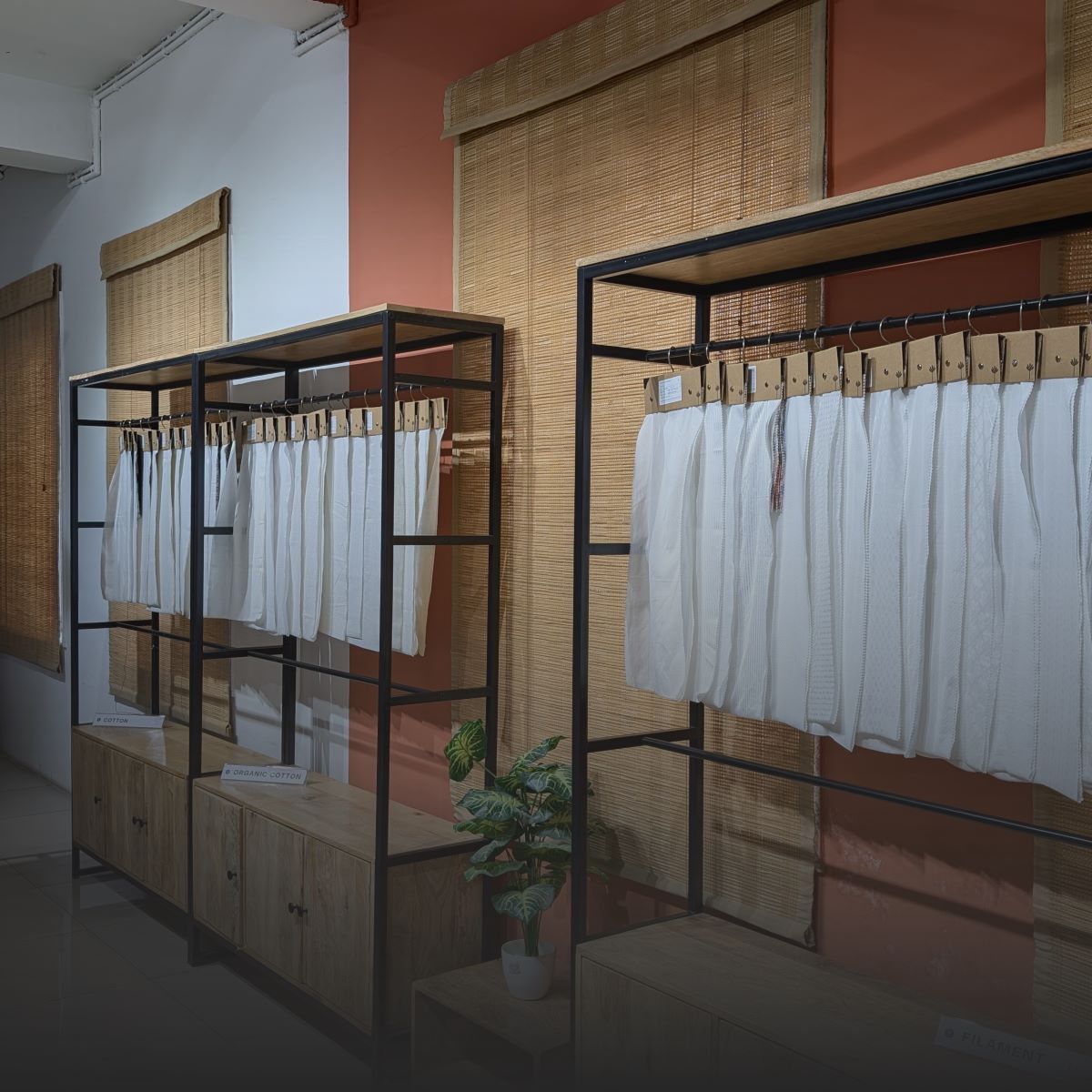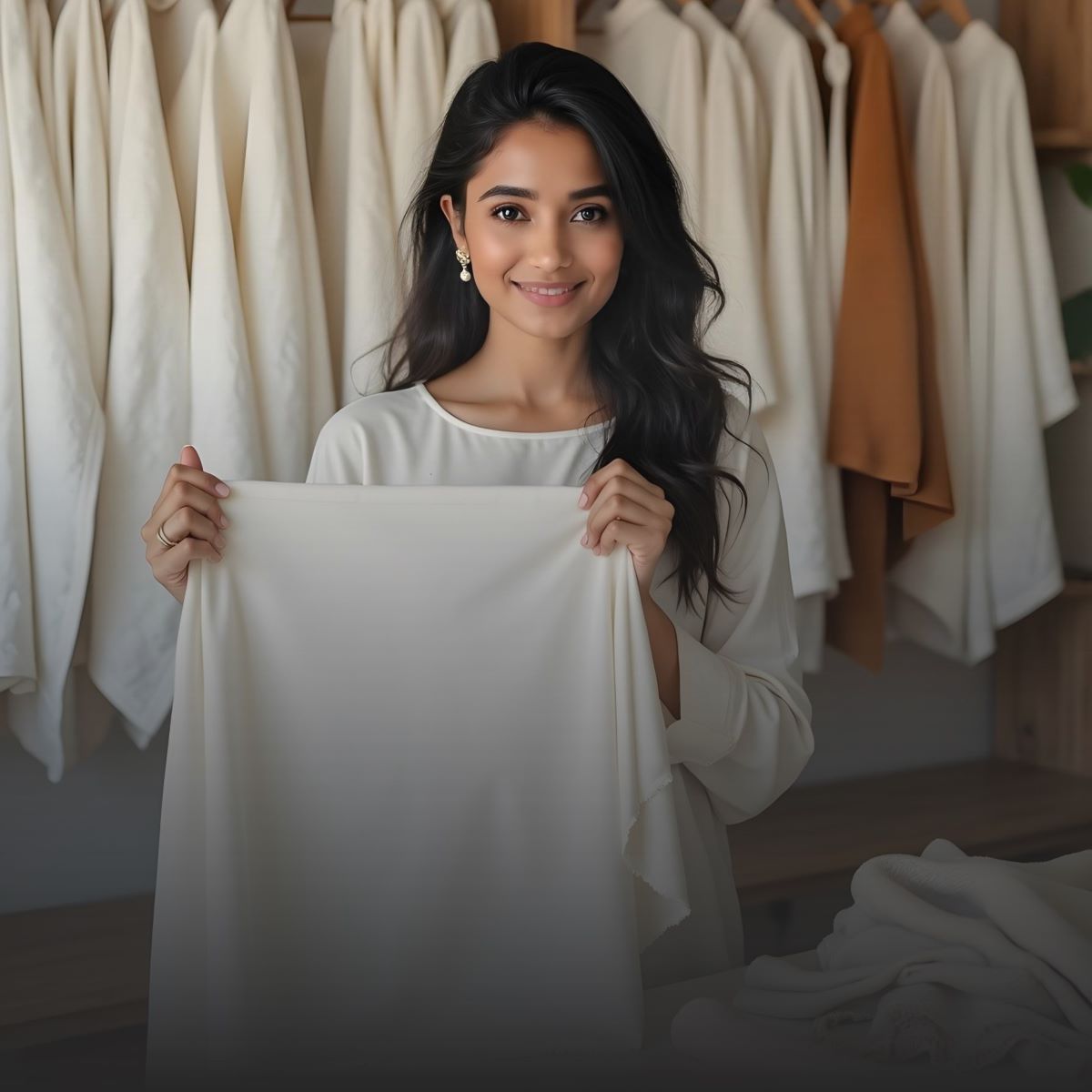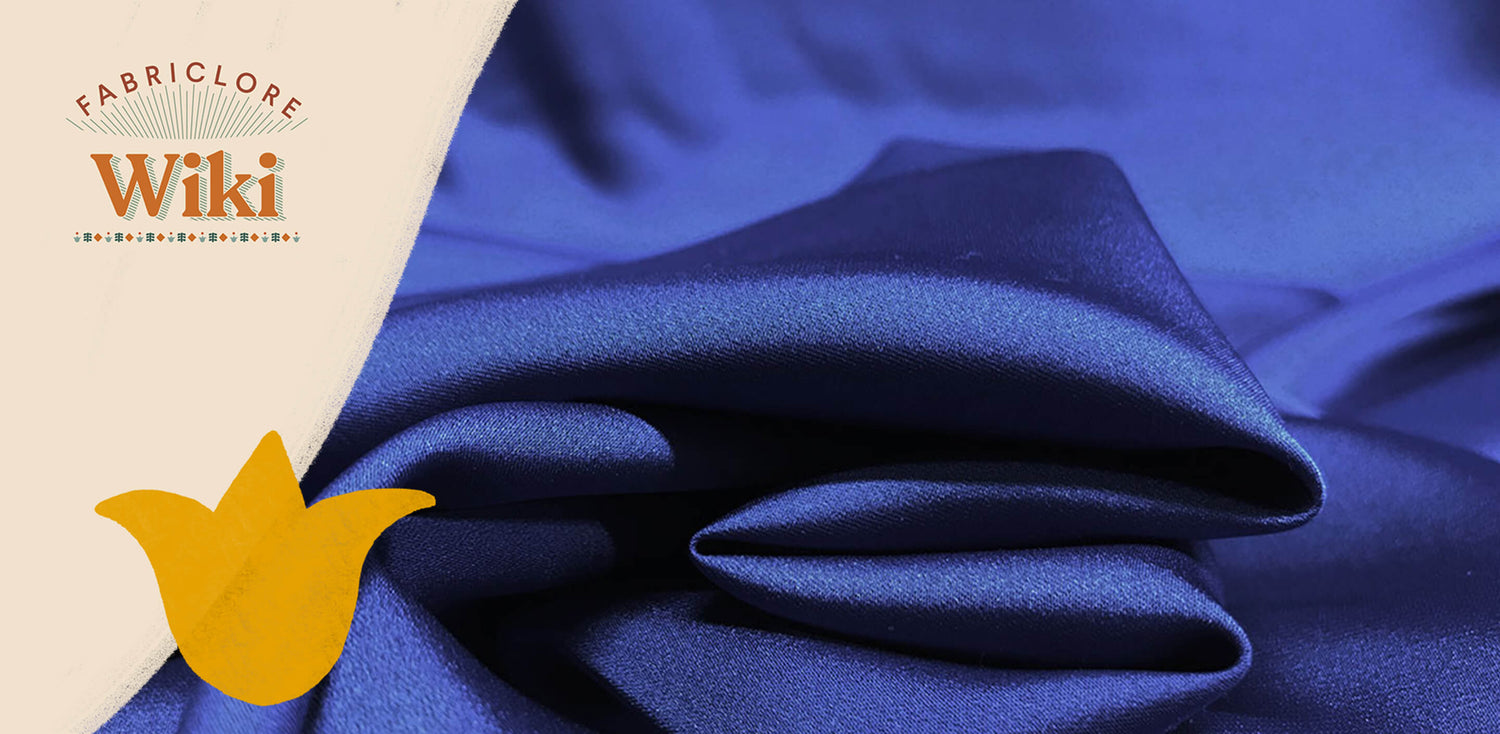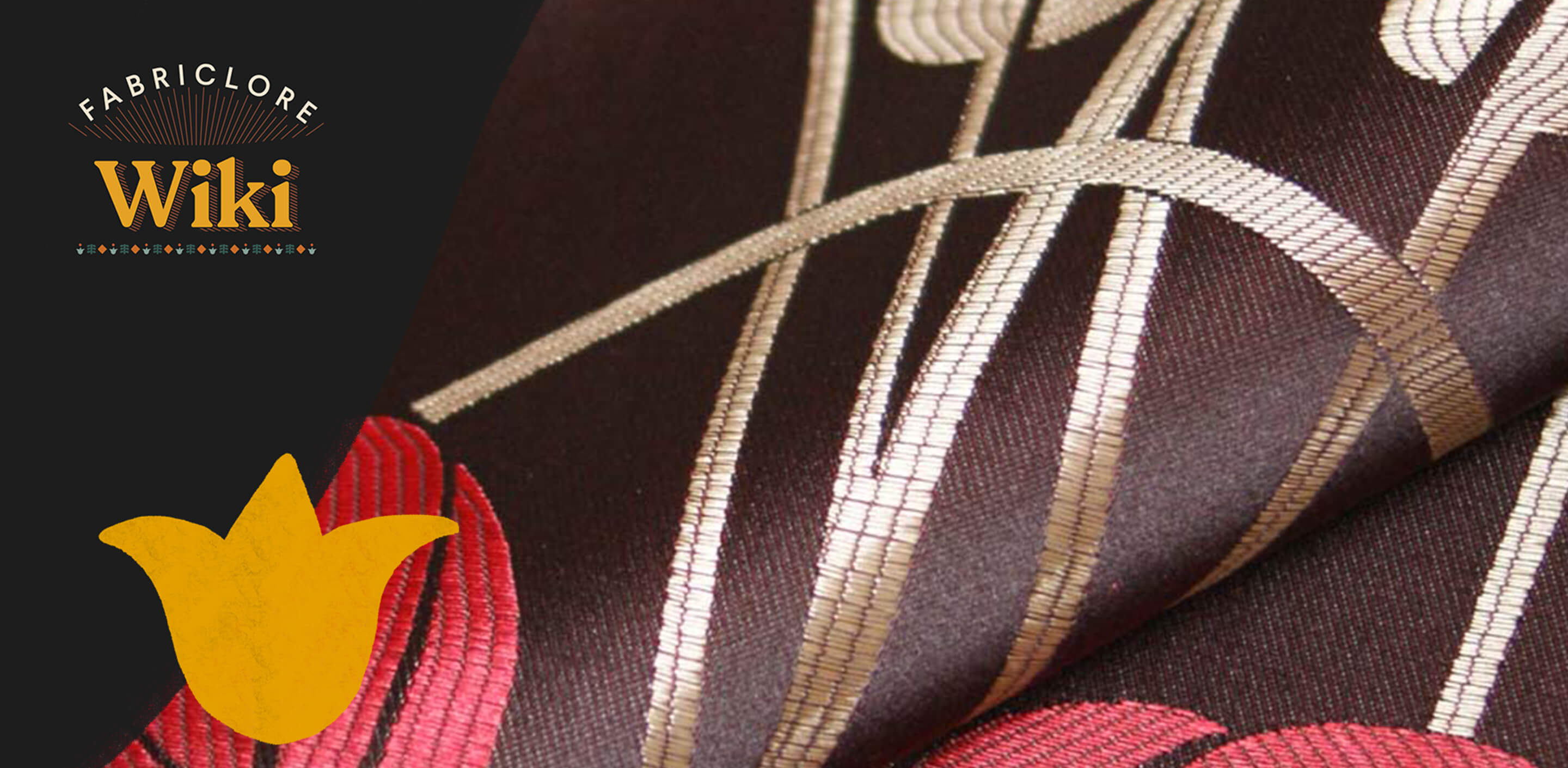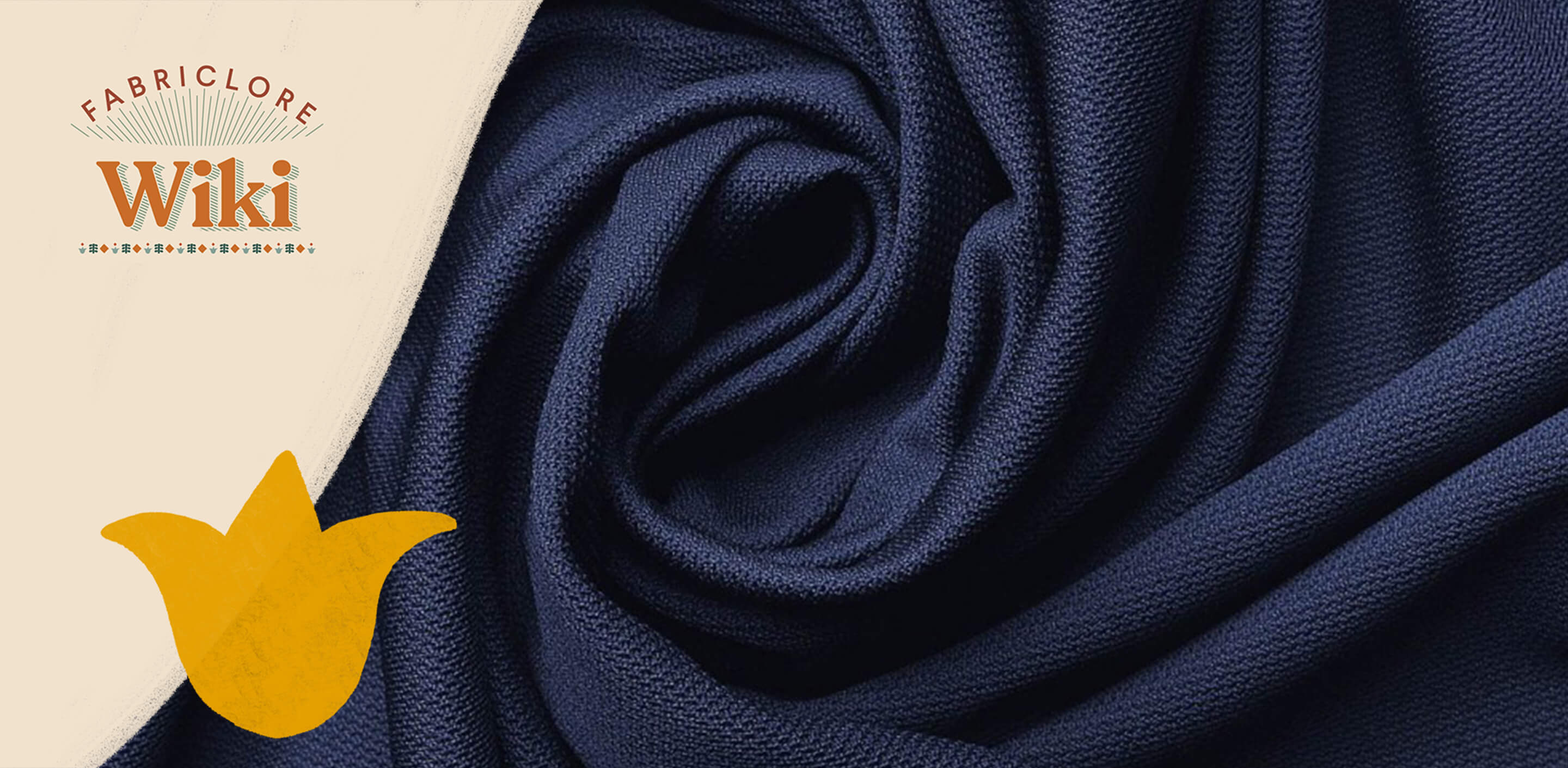What is Charmeuse Fabric?
- The term "charmeuse" refers to a particular form of weave that, when used to make silk fabric, results in a fabric that is nicely weighted and has a gorgeous shine.
- To be more specific, charmeuse is weaved in such a way that the longitudinal thread travels across at least three of the transverse threads.
- The front of the charmeuse fabric is glossy, while the reverse side is matte.
- Charmeuse is a sort of fabric that is typically constructed out of silk; however, textile producers also construct charmeuse out of polyester and rayon.

History
- The French term for a female charmer is where the English word "charmeuse" originates from.
- This etymology reflects both the elegance of the charmeuse fabric as well as its typical use in women's clothes, particularly formal gowns.
- However, its history may be traced back far deeper to the time when ancient Chinese people discovered silk. Silk is said to have been found about the year 2700 BCE by the wife of the Chinese emperor, but the precise year of its discovery is still a matter of some debate.
- Throughout the ages, it was a carefully guarded item that could only be sent out as a completed well.
- Because of its opulent appearance, charmeuse has long been considered an appropriate fabric for noble attire. Even more ominously, it has been dubbed the "Fabric of Emperors."

What Makes it Stand Out
|
Texture |
Charmeuse is a very soft and lightweight fabric. |
|
Fall |
It gives a good drape to the outfit. |
|
Shine |
Charmeuse is a kind of satin-weave fabric that may be woven from either silk or polyester thread. The front side of the fabric is glossy, while the reverse side is matte. |
Applications & Usage
|
Clothing |
Gowns, nightwear, wedding dresses, etc. |
|
Home Furnishing |
Curtains, cushion covers, etc. |
Care Instructions
- It is recommended to only wash by hand.
- Cleanse with water that is not too hot, using a gentle detergent or soap.
- Stay away from water that is excessively hot or too cold. The fabric's ability to stretch or shrink depends on the temperature.
- Just let it air dry. Before hanging to dry, give the item a few light squeezes to remove extra water.
- Iron using a low heat setting.

We also happen to be a magnet for suggestions, and would love to catch yours….throw us yours on hello@fabriclore.com
